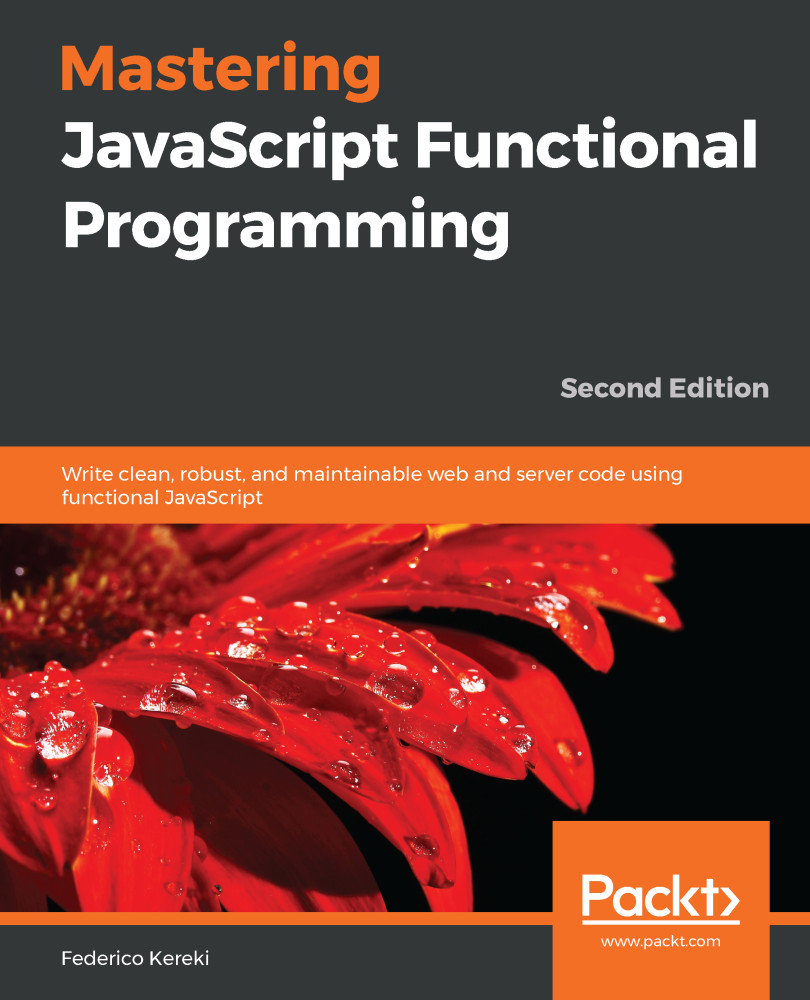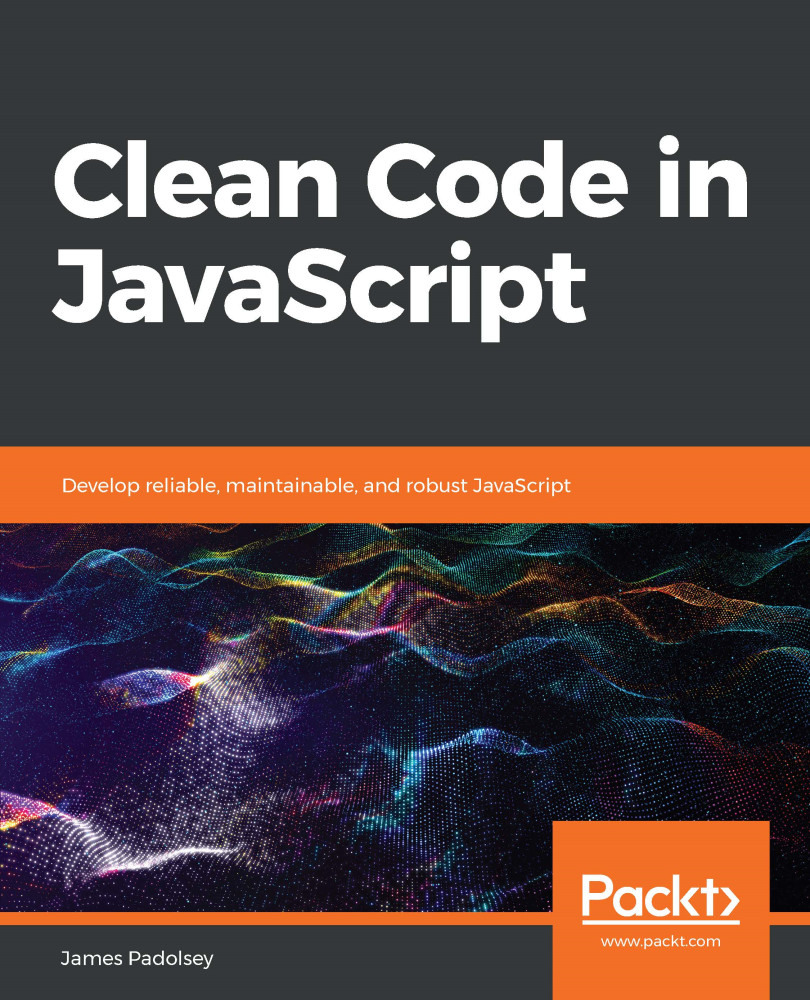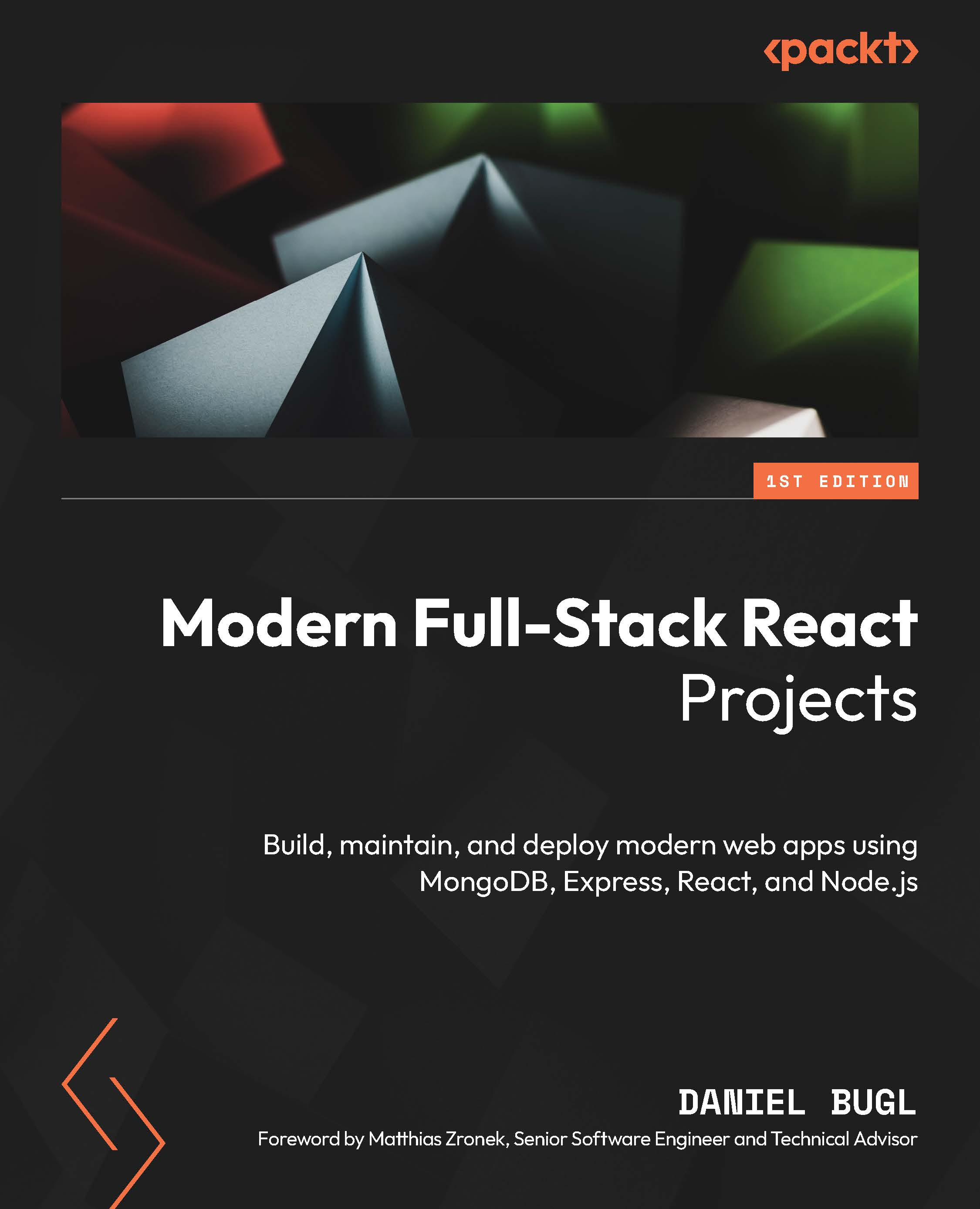What is JavaScript? If you consider popularity indices, such as the ones at www.tiobe.com/tiobe-index/ or http://pypl.github.io/PYPL.html, you'll find that JavaScript is consistently in the top ten most popular languages. From a more academic point of view, the language is sort of a mixture, borrowing features from several different languages. Several libraries helped the growth of the language by providing features that weren't so easily available, such as classes and inheritance (today's version of the language does support classes, but that was not the case not too long ago), that otherwise had to be achieved by doing some prototype tricks.
The name JavaScript was chosen to take advantage of the popularity of Java—just as a marketing ploy! Its first name was Mocha, then, LiveScript, and only then, JavaScript.
JavaScript has grown to be incredibly powerful. But, as with all power tools, it gives you a way to not only produce great solutions, but also to do great harm. FP could be considered as a way to reduce or leave aside some of the worst parts of the language and focus on working in a safer, better way; however, due to the immense amount of existing JavaScript code, you cannot expect it to facilitate large reworkings of the language that would cause most sites to fail. You must learn to live with the good and the bad, and simply avoid the latter parts.
In addition, the language has a broad variety of available libraries that complete or extend the language in many ways. In this book, we'll be focusing on using JavaScript on its own, but we will make references to existing, available code.
If we ask whether JavaScript is actually functional, the answer will be, once again, sorta. It can be seen as functional because of several features, such as first-class functions, anonymous functions, recursion, and closures—we'll get back to this later. On the other hand, it also has plenty of non-FP aspects, such as side effects (impurity), mutable objects, and practical limits to recursion. So, when programming in a functional way, we'll be taking advantage of all the relevant, appropriate language features, and we'll try to minimize the problems caused by the more conventional parts of the language. In this sense, JavaScript will or won't be functional, depending on your programming style!
If you want to use FP, you should decide which language to use; however, opting for fully functional languages may not be so wise. Today, developing code isn't as simple as just using a language; you will surely require frameworks, libraries, and other sundry tools. If we can take advantage of all the provided tools but at the same time introduce FP ways of working in our code, we'll be getting the best of both worlds, never mind whether JavaScript is functional!
 United States
United States
 Great Britain
Great Britain
 India
India
 Germany
Germany
 France
France
 Canada
Canada
 Russia
Russia
 Spain
Spain
 Brazil
Brazil
 Australia
Australia
 Singapore
Singapore
 Canary Islands
Canary Islands
 Hungary
Hungary
 Ukraine
Ukraine
 Luxembourg
Luxembourg
 Estonia
Estonia
 Lithuania
Lithuania
 South Korea
South Korea
 Turkey
Turkey
 Switzerland
Switzerland
 Colombia
Colombia
 Taiwan
Taiwan
 Chile
Chile
 Norway
Norway
 Ecuador
Ecuador
 Indonesia
Indonesia
 New Zealand
New Zealand
 Cyprus
Cyprus
 Denmark
Denmark
 Finland
Finland
 Poland
Poland
 Malta
Malta
 Czechia
Czechia
 Austria
Austria
 Sweden
Sweden
 Italy
Italy
 Egypt
Egypt
 Belgium
Belgium
 Portugal
Portugal
 Slovenia
Slovenia
 Ireland
Ireland
 Romania
Romania
 Greece
Greece
 Argentina
Argentina
 Netherlands
Netherlands
 Bulgaria
Bulgaria
 Latvia
Latvia
 South Africa
South Africa
 Malaysia
Malaysia
 Japan
Japan
 Slovakia
Slovakia
 Philippines
Philippines
 Mexico
Mexico
 Thailand
Thailand












